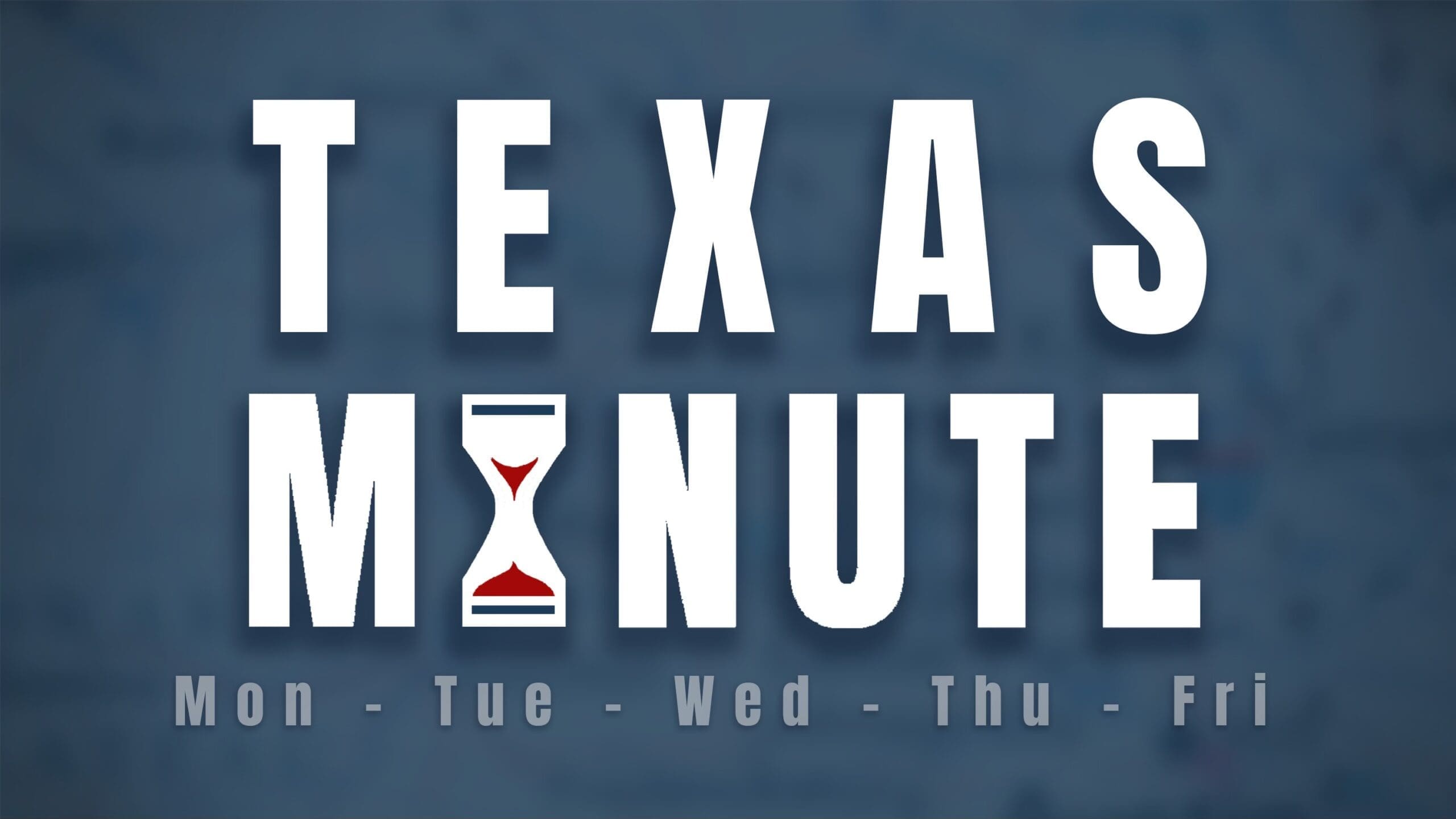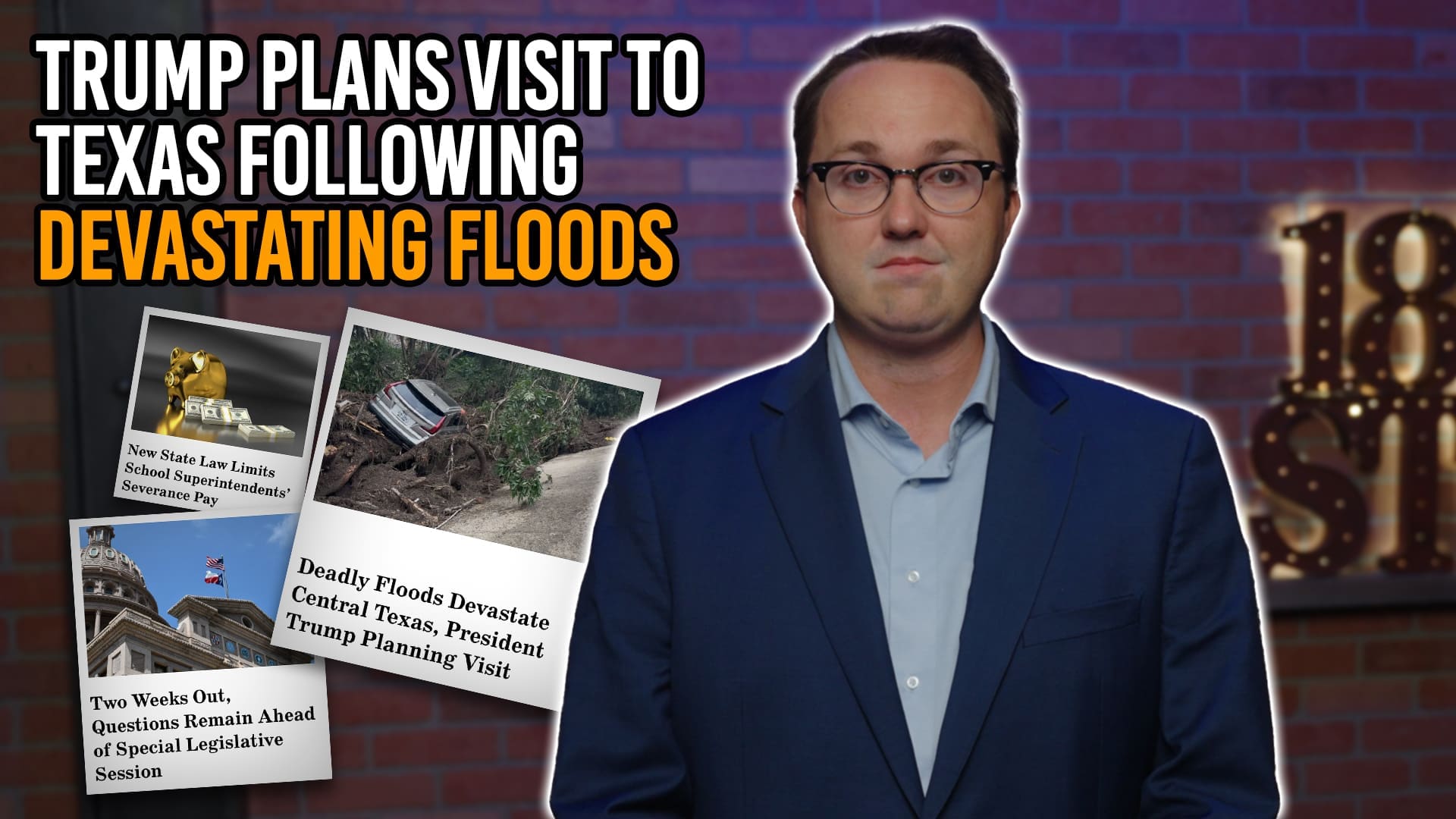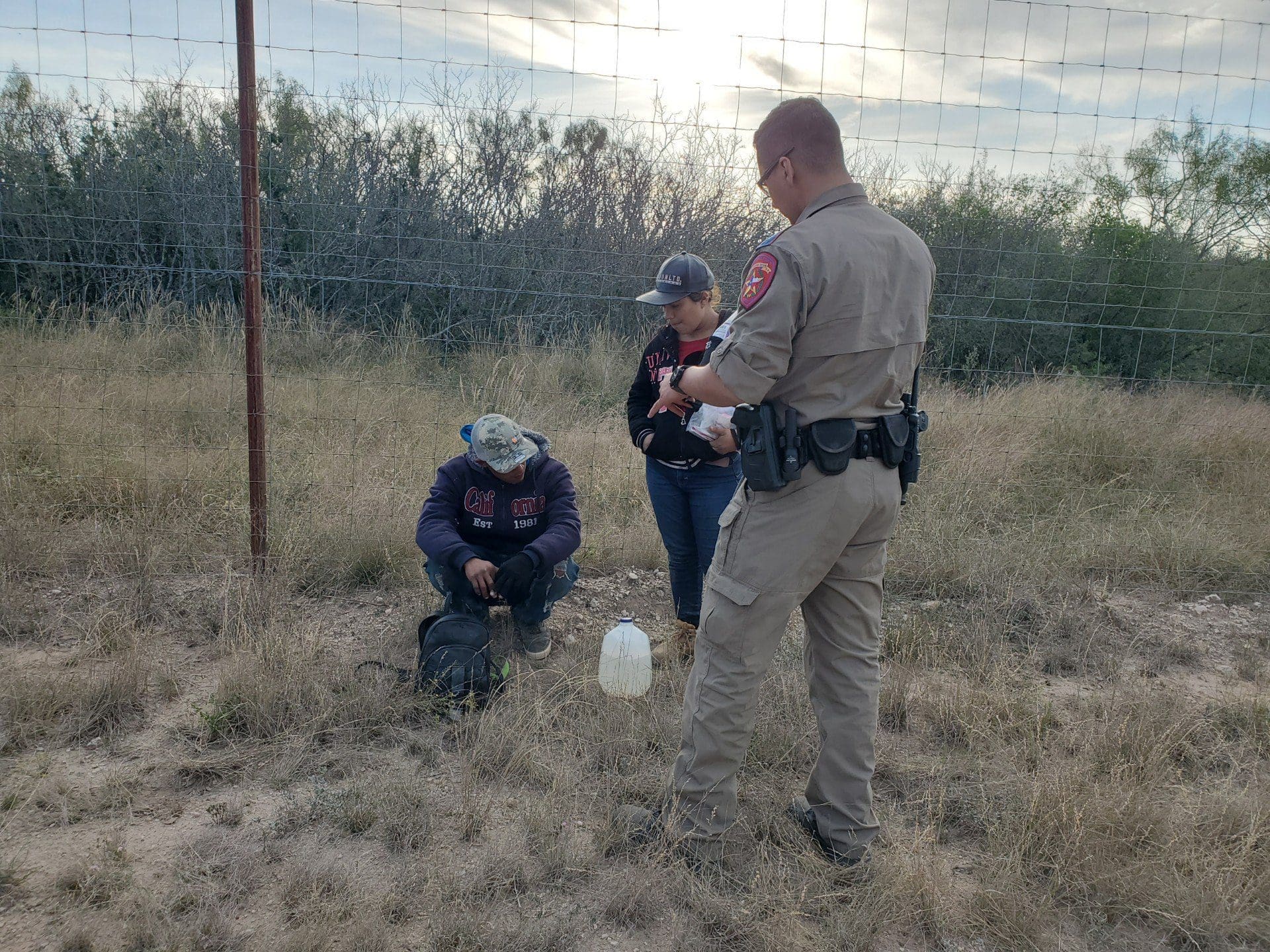Confusing ballot language was used to engineer the outcome of Austin’s recent election on ridesharing services. That’s the claim in a lawsuit filed this week by a city councilman who says Austinites not wanting to drive are left to choose between antiquated and inadequate transportation options.
Councilman Don Zimmerman filed suit against Mayor Steve Adler, claiming that the ballot language regarding the ridesharing issue was purposefully confusing. The lopsided adoption of the ballot language resulted in technology-driven ridesharing pioneers Uber and Lyft leaving the Austin market.
The language, as it appeared on the ballot, asked voters:
Shall the City Code be amended to repeal City Ordinance No. 20151217-075 relating to Transportation Network Companies; and replace with an ordinance that would repeal and prohibit required fingerprinting, repeal the requirement to identify the vehicle with a distinctive emblem, repeal the prohibition against loading and unloading passengers in a travel lane, and require other regulations for Transportation Network Companies?
From the wording, it’s not entirely clear to an uninitiated layman what exactly it is they’re deciding. It starts off asking voters if it should be repealed, but at the end sounds like it switches direction — asking about requiring regulations for TNCs. The Austin American Statesman called the language “the bureaucratic version of a triple or quadruple negative.”
Zimmerman argues that voters were confused by such wording.
“I’m deeply concerned about how the process, about how that went down. What I noticed from the campaign is that both sides were confused about by the ballot language — the people for it, and the people against it,” said Zimmerman yesterday.
Hiring Jerad Navjar of Houston’s Navjar Law Firm, Zimmerman’s lawsuit argues that the language in Proposition 1 “misled the voters and omitted chief features of the amendment, distorting the true essence of the amendment.”
Zimmerman also argues that the fingerprint background check scheme (which was a major point of contention during the discussion) will be enforced too slowly, and “lacks any enforcement teeth” when implemented.
This isn’t the first legal challenge to the ballot language. Austin lawyer Martin Harry filed suit on May 10, alleging that the ballot language drafted by city staff did not match the instructions given to them by city council. That case has not developed so far.
In their suit, Zimmerman and Navjar are asking that their lawsuit be consolidated with other complaints regarding the same election — specifically, the one brought forth by Harry.
Following Proposition 1’s twelve-point defeat on May 7th, ridesharing companies Uber and Lyft ceased operations in Austin — leaving the congested city with few transportation options. Traditional, city-owned cab service is historically dismal — hour long wait times and higher fares create an unviable alternative for those unable to drive themselves. As a result of their transparent protectionism for this otherwise uncompetitive dinosaur, city council now finds themselves scrambling to fill a desperate transportation vacuum that is leaving its residents stranded.




